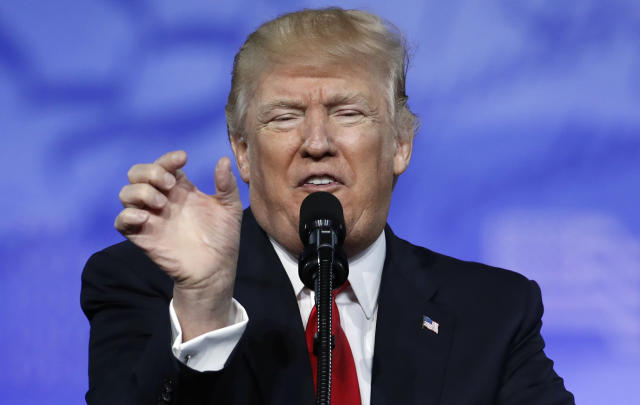In a recent appearance at the Economic Club of New York, Donald Trump’s performance has raised serious concerns about his cognitive abilities and preparedness for the upcoming political debates. The event, intended to showcase Trump’s economic policies and connect with influential business leaders, instead revealed a disconcerting decline in his ability to articulate coherent thoughts, particularly when faced with straightforward questions.

During the question-and-answer segment, Trump was asked a simple yet crucial question: “If you win in November, can you commit to prioritizing legislation to make childcare affordable, and if so, what specific piece of legislation will you advance?” This question, posed by a member of the audience, should have elicited a focused response outlining his plans for addressing childcare affordability. Instead, Trump delivered what can only be described as a confusing and meandering answer, leaving the audience bewildered.
He began by referencing his daughter Ivanka and Senator Marco Rubio, attempting to establish credibility on the topic. However, he quickly veered off course, discussing vague concepts of taxation on foreign nations without ever addressing the original question about childcare. “Childcare is childcare,” he stated, but then proceeded to talk about “big numbers” and economic growth, which had little to do with the pressing issue of affordable childcare. The audience’s reaction was palpable; even those in attendance, who were presumably knowledgeable and engaged, seemed perplexed by his rambling response.
As Trump continued, he claimed that childcare costs were “not very expensive” in relative terms, a statement that likely left many in the room shaking their heads in disbelief. For working families struggling to afford daycare, this dismissive comment underscored a troubling disconnect between Trump’s rhetoric and the reality faced by many Americans. His inability to provide a concrete policy proposal or acknowledge the challenges of childcare costs exemplified a broader issue: a lack of understanding or concern for the everyday struggles of average citizens.
In a parallel moment, Republican Senator JD Vance was also asked about lowering daycare costs. His response, which suggested that families could rely on grandparents or extended family for childcare, was equally uninspired. This so-called solution ignored the systemic issues surrounding childcare affordability and merely scratched the surface of a much larger problem. The notion that family members could step in as a remedy fails to recognize the complexities of modern family dynamics and the financial pressures many face.
The reactions from the audience and commentators alike highlight a growing concern about Trump’s fitness for office. Reports have emerged from previous meetings with business leaders indicating that many left feeling unsettled by Trump’s inability to maintain a coherent train of thought. A recent article described how CEOs attending a private meeting found Trump’s performance to be “remarkably meandering” and devoid of clear policy outlines. This pattern of behavior raises questions about his readiness to lead, particularly as he prepares for a potential return to the presidency.
As Trump grapples with these challenges, it is essential to recognize the underlying authoritarian tendencies that permeate his discourse. His frequent claims of election rigging, calls to terminate the Constitution, and general disdain for democratic norms signal a troubling inclination towards autocracy. This mindset raises alarms about what a second Trump presidency could entail, particularly in terms of governance and respect for democratic institutions.
In light of these developments, it is crucial for voters to remain vigilant. As the November elections approach, the stakes are higher than ever. Engaging in the democratic process, ensuring voter registration, and mobilizing communities to participate in elections are essential steps to safeguard democracy from those who would undermine it.
In conclusion, the recent events surrounding Trump’s performance at the Economic Club serve as a stark reminder of the potential consequences of electing a leader who struggles to articulate coherent policies and connect with the realities faced by everyday Americans. As we move closer to the elections, it is imperative to prioritize informed decision-making and active participation in the democratic process. Let us ensure that we do not repeat the mistakes of the past.





